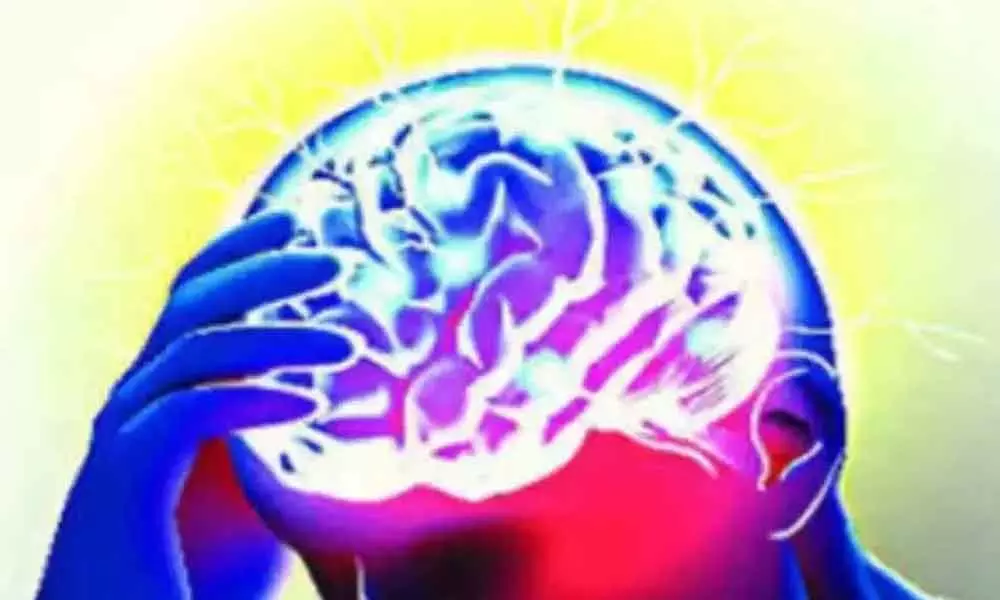Deep sleep can calm, reset the anxious brain
Share :

A sleepless night can trigger up to a 30% rise in anxiety levels, researchers from the University of California said.
Researchers have found that the type of sleep most apt to calm and reset the anxious brain is deep sleep, also known as non-rapid eye movement (NREM) slow-wave sleep, a state in which neural oscillations become highly synchronised, and heart rates and blood pressure drops.
A sleepless night can trigger up to a 30 per cent rise in anxiety levels, researchers from the University of California said.
"We have identified a new function of deep sleep, one that decreases anxiety overnight by reorganising connections in the brain," said study senior author Professor Matthew Walker.
"Deep sleep seems to be a natural anxiolytic (anxiety inhibitor), so long as we get it each and every night," Walker added.
"Our study strongly suggests that insufficient sleep amplifies levels of anxiety and, conversely, that deep sleep helps reduce such stress," said study lead author Eti Ben Simon.
In a series of experiments using functional MRI and polysomnography, among other measures, researchers scanned the brains of 18 young adults as they viewed emotionally stirring video clips after a full night of sleep, and again after a sleepless night.
Anxiety levels were measured following each session via a questionnaire known as the state-trait anxiety inventory.
After a night of no sleep, brain scans showed a shutdown of the medial prefrontal cortex, which normally helps keep our anxiety in check, while the brain's deeper emotional centres were overactive.
After a full night of sleep, during which participants' brain waves were measured via electrodes placed on their heads, the results showed their anxiety levels declined significantly, especially for those who experienced more slow-wave NREM sleep.
"Deep sleep had restored the brain's prefrontal mechanism that regulates our emotions, lowering emotional and physiological reactivity and preventing the escalation of anxiety," Simon said.
Beyond gauging the sleep-anxiety connection in the 18 original study participants, the researchers replicated the results in a study of another 30 participants.
Across all the participants, the results again showed that those who got more nighttime deep sleep experienced the lowest levels of anxiety the next day.







